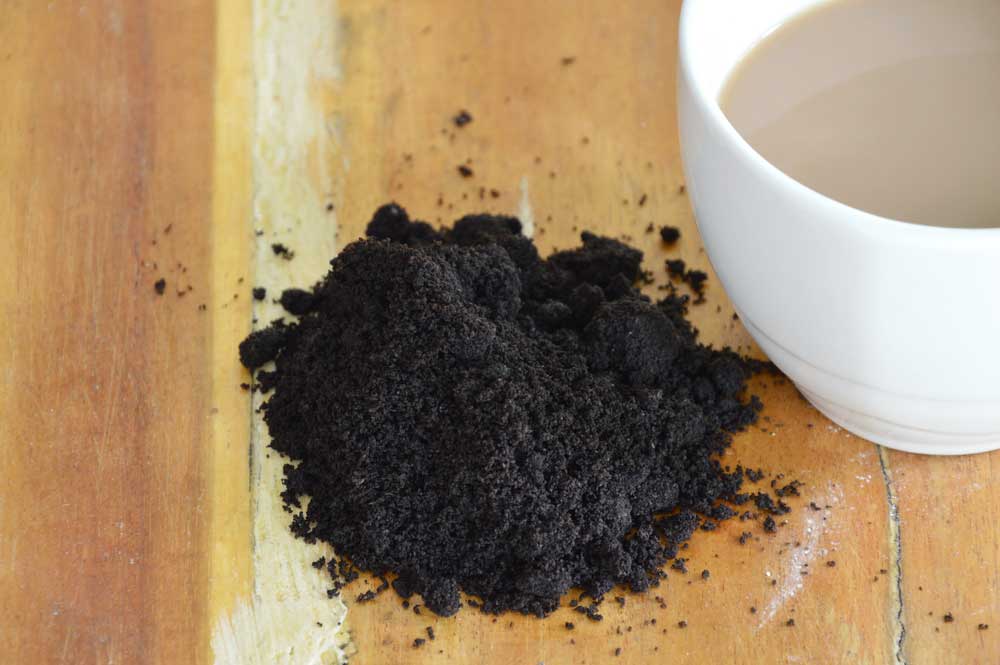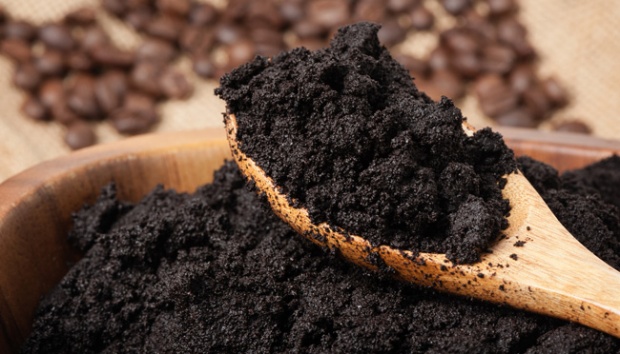Should You Throw Away Coffee Grounds in the Sink? Possible? No - Information
Should You Throw Away Coffee Grounds in the Sink? Possible? No - Information
Blog Article
What're your thoughts and feelings about Should You Put Coffee Grounds Down the Sink??

If you're a devoted coffee enthusiast, you may be wondering about the very best method to dispose of your coffee grounds. While it might seem practical to wash them down the sink, this method can cause numerous issues for both your plumbing and the setting. In this short article, we'll explore whether it's risk-free to put coffee premises down the sink and talk about alternative disposal techniques to take into consideration.
Risks of Putting Coffee Grounds Down the Sink
Plumbing Issues
Among the primary interest in taking care of coffee premises down the sink is the risk of clogging your pipes. Coffee premises don't dissolve in water and can gather with time, forming a dense sludge that can obstruct drains pipes and result in costly plumbing repair services.
Environmental Impact
Past the potential damages to your plumbing, putting coffee premises down the sink can additionally damage the environment. When cleaned right into the sewage system, coffee grounds can contribute to clogs in sewage system lines and therapy facilities. Furthermore, the high concentration of raw material in coffee grounds can deplete oxygen levels in rivers, adversely impacting water life.
Alternatives to Disposing of Coffee Grounds
Composting
One green option for disposing of coffee premises is to compost them. Coffee premises are abundant in nitrogen, making them an outstanding addition to compost piles or bins. As they decompose, they include nutrients to the dirt, enhancing its fertility and structure.
Garbage Disposal
If you do not have a composting configuration, another option is to just throw your coffee premises in the garbage. Make sure to secure them in a compostable bag or container to stop odors and leakage. While this technique does not supply the exact same ecological advantages as composting, it's a safe and hassle-free way to take care of coffee grounds.
Tips for Proper Disposal
Use a Sink Strainer
To avoid coffee premises from entering your sink's drainpipe to begin with, take into consideration making use of a sink filter. These low-cost devices catch solid bits, including coffee premises, avoiding them from triggering obstructions.
Regular Maintenance
Regardless of just how you pick to take care of your coffee premises, it's important to maintain your plumbing frequently. Schedule routine drainpipe cleanings to remove any kind of buildup and guarantee that your pipelines remain clear and free-flowing.
Verdict
While it may be tempting to wash coffee premises down the sink for comfort, doing so can have major repercussions for your plumbing and the environment. Instead, think about composting your coffee grounds or taking care of them in the trash. By taking on liable disposal practices, you can enjoy your coffee guilt-free while lessening your eco-friendly impact.
Coffee Grounds Down The Drain: Are They OK?
Can Coffee Grounds Go Down the Sink?
You may be thinking, “But I pour them down the sink drain every day and I’ve never had a clogged drain!” You see, coffee grounds come from coffee beans, which are virtually rock hard by the time they’re ground and brewed. You certainly wouldn’t want to grind up the pit from a peach, apricot, or nectarine that is about just as hard because they wouldn’t break down like other foods, and it’s the same with coffee beans!
If you usually grind coffee beans in the garbage disposal because it seems the cleanest and convenient, we don’t fault you for that. And anyone who has ever had to clean up the trash with spilled coffee grounds after a dog got into it would understand the rationale. Unfortunately, coffee grounds do not break down in water, so instead of grinding up and washing away as normal foods do in a garbage disposal, they clump together and as time goes by, the grounds can form a clump and pack the drain until it develops a clog.
What to Do With Coffee Grounds
So, what do you do with coffee grounds if you can't put them down the drain? You could of course just throw them in the garbage, but we encourage you to give these practical uses for them a try!
Since coffee grounds contain key minerals for plant growth, you can use them to fertilize your garden. Coffee grounds not only fertilize gardens because they are mineral-rich, but they are also great at absorbing contaminants in the soil, particularly heavy metals. Coffee grounds are said to attract worms, which help gardens flourish. You can use coffee grounds as fertilizer by sprinkling them around your plants. You can compost your coffee grounds and use them at a later time. Coffee grounds are great insect repellents when you place them in bowls or sprinkle them around the areas you want to repel insects. To remove fleas from your dog or cat, simply shampoo your pet then rub coffee grounds throughout their fur. Rinse them off and dry as usual. Like baking soda, used coffee grounds can eliminate odors. You can place them in a bowl in the fridge and let them do the work! Mix coffee grounds with coconut oil for a wonderful face or body scrub, or to reduce the appearance of cellulite. https://www.wintershomeservices.com/blog/2019/august/coffee-grounds-down-the-drain-are-they-ok-/

Do you like reading up on Can You Put Coffee Grounds in the Sink Garbage Disposal?? Give a remark down the page. We'd be pleased to listen to your insights about this post. We are looking forward that you come back again in the future. Sharing is caring. You never know, you may very well be helping someone out. I appreciate reading our article about What are the consequences of putting coffee grounds.
Quote & Schedule Report this page